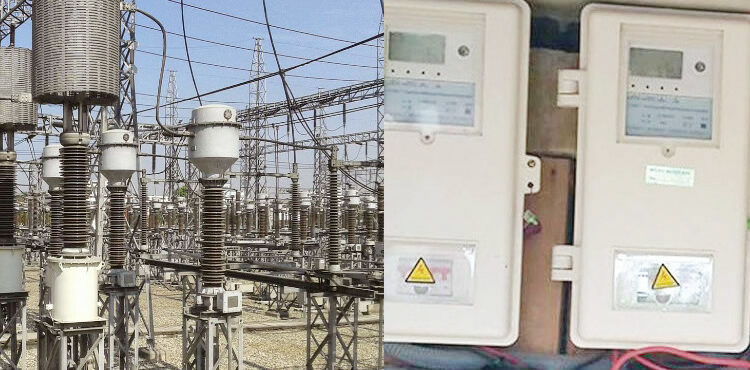Nigeria News
Tinubu approves 50% electricity subsidy for federal institutions, teaching hospitals

President Bola Ahmed Tinubu has approved a 50% subsidy on electricity costs for federal universities, polytechnics, colleges of education, and teaching hospitals.
The Minister of State for Health, Dr. Tunji Alausa, announced the decision yesterday in Kaduna. He stated, “President Bola Ahmed Tinubu has generously approved a 50% electricity subsidy for all public hospitals, universities, polytechnics, and colleges of education.”
Dr. Alausa added that the Ministry of Power is currently working out the details for implementing the subsidy.
Tertiary institutions have been grappling with soaring electricity bills, exacerbated by recent subsidy cuts in the power sector. Some institutions have faced disconnection by Distribution Companies (DisCos), and students have protested attempts to reduce electricity costs by alternating power supply.
Notable issues include the University College Hospital (UCH), Ibadan, disputing a N400 million bill with the Ibadan Electricity Distribution Company (IBEDC), and Ahmadu Bello University (ABU) Zaria struggling with a N300 million monthly bill, leading to a projected annual debt of N3.6 billion to the Kaduna Electricity Distribution Company (KADCO).
The University of Lagos was disconnected this week by Eko Electricity Distribution Company (EKEDC) over an N1 billion debt, despite having made a payment of N180 million.
The annual electricity budget for the top 10 public universities is estimated at N247.7 billion. According to the Electricity Hub, the universities with the highest budgets this year are:
- University of Nigeria Nsukka (N36.6 billion)
- University of Calabar (N29.5 billion)
- Ahmadu Bello University (N29.2 billion)
- Nnamdi Azikiwe University Awka (N26.3 billion)
- University of Benin (N24.2 billion)
- University of Ibadan (N23.4 billion)
- University of Maiduguri (N22.3 billion)
- University of Port Harcourt (N19.6 billion)
- University of Lagos (N19.4 billion)
- Obafemi Awolowo University (N17.1 billion)
Analysts have raised questions about the universities’ reliance on DisCos, suggesting that academic experts should develop alternative power sources such as solar, wind, or hydro power.
They also questioned the progress of initiatives for university power supply launched during the Muhammadu Buhari Administration by former Minister for Power, Mr. Babatunde Fashola.
During the inauguration of the National Ear Care Centre and other health projects in Kaduna, Dr. Alausa highlighted that these developments align with the Renewed Hope Agenda to provide affordable and comprehensive healthcare.
He stressed the importance of these new facilities, which include an auditorium, student hostel, oxygen plant, and molecular laboratory.
Dr. Alausa also addressed challenges in the healthcare sector, such as the Japa syndrome, and outlined plans to increase training quotas and improve compensation for healthcare workers.
Additionally, he announced plans for a national electronic medical system to enhance patient care and data management.
Dr. Alausa praised President Tinubu’s commitment to revitalizing various sectors of the economy, particularly healthcare, and urged citizens to support the administration’s efforts.
Kaduna State Governor Uba Sani, represented by Deputy Governor Hadiza Balarabe, commended the President’s leadership and assured continued support for the National Ear Care Centre. Dr. Balarabe emphasized the goal of ensuring high-quality healthcare for all Nigerians.
The Centre’s Medical Director, Dr. Mustapha Yaro, outlined the new projects, including a 200-capacity auditorium and a student hostel for the School of Post-Basic ORL Nursing, as part of ongoing efforts to improve healthcare infrastructure and services.






















